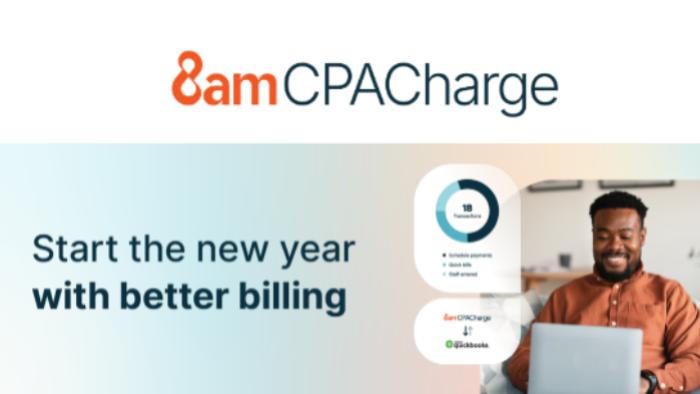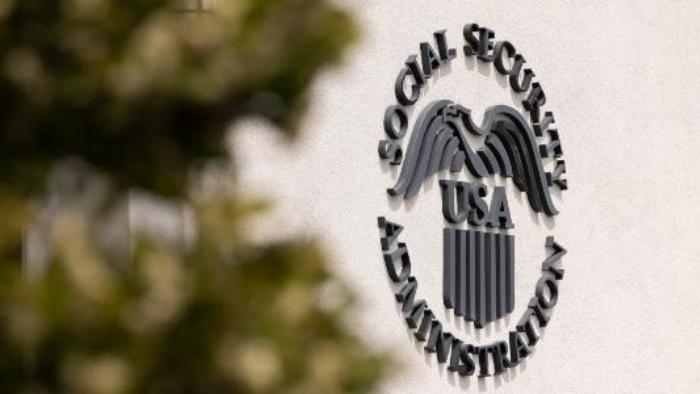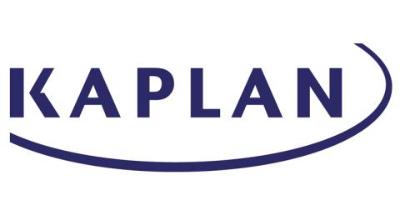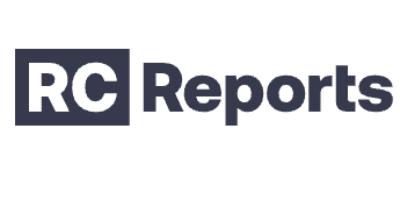Pandemic Relief Fraud: A Three-Year Retrospective on the CARES Act

On March 27, 2020, the U.S. Congress passed the Coronavirus Aid, Relief, and Economic Security (CARES) Act, offering essential financial support to small businesses and individuals affected by the pandemic. Although the act provided a lifeline to millions of taxpayers, it also attracted fraudsters who took advantage of the Payroll Protection Program (PPP) and the Employee Retention Credit (ERC). In this article, we will explore how these programs became targets for fraud, review the government's response to the fraud, and discuss the future of enforcement and the lessons that can be learned from this experience.
How and Why Fraudsters Preyed on Pandemic Relief Programs
The primary factors that made the PPP and ERC susceptible to fraud were the rapid rollout of the programs, lack of stringent verification processes, and the sheer amount of funding available. The urgency to provide financial relief led to a somewhat relaxed application process, allowing dishonest individuals and businesses to exploit the system.
For instance, the PPP loans were designed to help businesses retain employees during the pandemic. However, fraudsters created fake companies or inflated their payroll expenses to receive larger loans. Similarly, the ERC provided tax credits to employers who retained employees during the crisis, but unscrupulous employers manipulated their financial records to qualify for the credits.
The Government's Response to Fraud
To combat fraud, the U.S. government adopted a "whole-of-government" approach, creating special inspectors general, extending statutes of limitations for criminal charges, encouraging whistleblowers, and launching numerous prosecutions. Several high-profile cases, such as those involving large-scale criminal rings, have already resulted in convictions and substantial penalties.
Recent cases highlight the government's commitment to pursuing fraudsters. For example, in one case, a man was sentenced to prison for submitting fraudulent PPP loan applications and using the funds for personal expenses. In another case, a business owner was charged with defrauding the ERC by falsifying employee wages and payroll tax forms.
What to Expect in the Future
As enforcement efforts continue, we can expect more prosecutions and the recovery of fraudulently obtained funds. The government will likely continue its aggressive pursuit of pandemic relief fraudsters to deter others from attempting similar schemes. In addition, new legislation may be introduced to close loopholes and strengthen enforcement.
Lessons for Future Enforcement
The experience with pandemic relief fraud provides valuable insights for future enforcement efforts. First, rapid rollout of assistance programs should not come at the expense of proper verification processes. While expediting aid is essential during crises, it is equally vital to ensure that funds reach those who truly need them.
Second, effective interagency collaboration is crucial to identify and prosecute fraudsters. The "whole-of-government" approach has proven successful in addressing pandemic relief fraud and should be adopted in future situations.
Finally, public awareness campaigns and whistleblower incentives can help prevent fraud. By educating the public about the risks and consequences of participating in fraudulent activities and encouraging individuals to report suspicious behavior, the government can create a strong deterrent effect.
The CARES Act and its relief programs have provided critical support to millions of Americans during the pandemic. However, they have also exposed vulnerabilities that fraudsters have exploited. The government's response to pandemic relief fraud has been aggressive, and lessons from these experiences should inform future enforcement efforts. By adopting best practices and learning from the past, we can ensure that future assistance programs are both effective and protected from exploitation.
Share This Article
What's Trending?
Trending topics & tools for the CPA community
How Firms are Rethinking Reasonable Comp (Quick Video)
It’s a short video and makes the value of repeatable, data-backed approach clear (especially compared to spreadsheets, gut checks and one-off calculations).
Learn how 8am CPACharge delivers clarity and confidence for accounting firms.
8am™ CPACharge brings invoices, payments, and reconciliation together in a solution designed to make your day easier from start to finish.
Seniors on Social Security Could Face $460 Monthly Cut to Benefits
Jim Komoroski, RSSA®, is quoted in Newsweek, offering expert insight into the projected monthly cuts to Social Security benefits should Congress fail to act.
Resources
Valuable information provided by our sponsors.
Specialize in Social Security
Looking to enhance your retirement planning expertise? Your solution: pursue the Registered Social Security Analyst®...
CPAdirectory members have access to discounted auto and home insurance
At CPAdirectory, we think it's a good thing to provide our members with access to...
Free CPE Course: ChatGPT for Tax Pros — Limited Offer
CPAdirectory and CCH CPELink are giving you free access to the on-demand course: ChatGPT for...
PE Deals In Accounting: Valuations, Structure, Tradeoffs
In this webinar, you’ll hear from firm leaders and industry experts who will share real-world...
Stand Out as a Trusted Social Security Expert with the RSSA® Designation
Designed for CPAs, the Registered Social Security Analyst® (RSSA®) designation provides advanced training to help...
How Firms are Rethinking Reasonable Comp (Quick Video)
It’s a short video and makes the value of repeatable, data-backed approach clear (especially compared...













